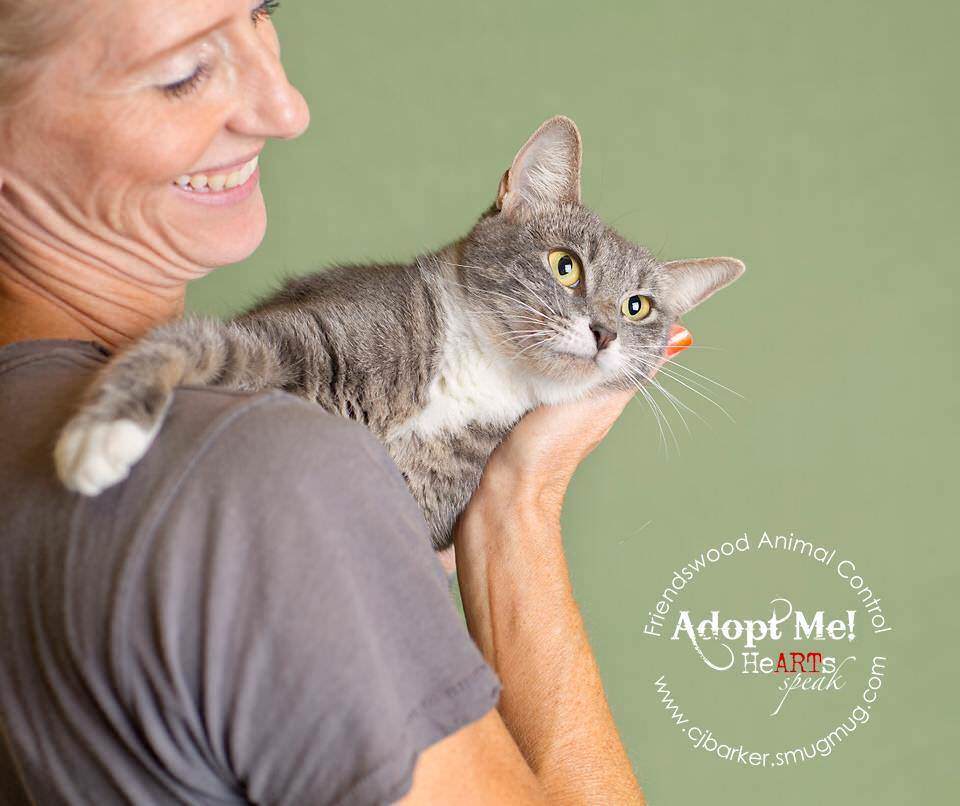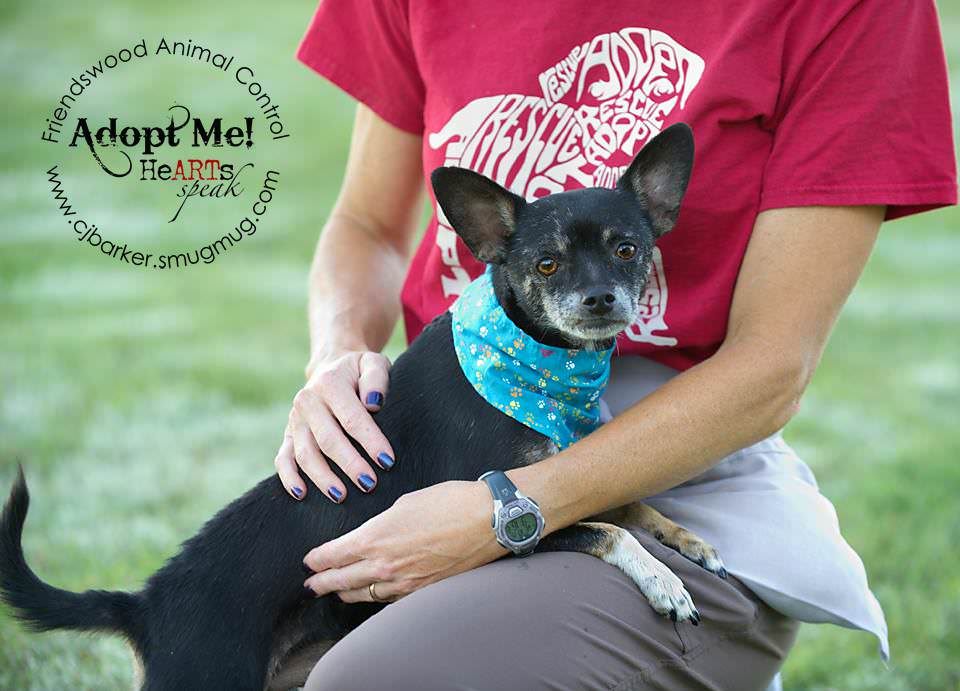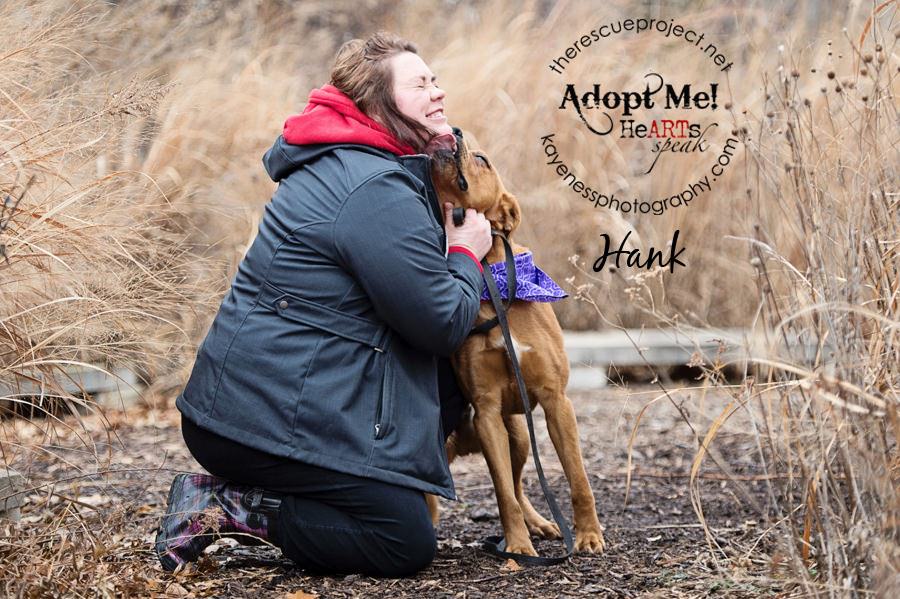 Ask anyone why they volunteer or work with animals and you’ll probably get the same answer: fast cars, fame, and heaps of money. Oh wait, that’s why people want to be rock stars! People who work with animals do it because they care. Because it is their heart’s work. So let me ask you something, just between us: when was the last time you thought about how the work you do with animals is having an impact on your heart?
Ask anyone why they volunteer or work with animals and you’ll probably get the same answer: fast cars, fame, and heaps of money. Oh wait, that’s why people want to be rock stars! People who work with animals do it because they care. Because it is their heart’s work. So let me ask you something, just between us: when was the last time you thought about how the work you do with animals is having an impact on your heart?
As a volunteer or a staff member at a shelter or rescue, you’re exposed to so many animals and people who are in need of help. And all day long you collect their stories, take their photos, and care for them through your compassionate actions. At the end of the day, where do all those stories and worries go? They’re gathered in your heart (and your body and your mind). That’s a heavy load to carry.
 Compassion fatigue, according to Dr. Charles Figley, is the natural consequence of stress resulting from caring for traumatized people and animals. In other words, it’s the physical and emotional exhaustion that arises from the constant demand to be compassionate and effective in helping those in need and who are suffering. Here’s the thing: Compassion fatigue is a normal, predictable result of doing this work. We can’t help others without being affected by it at some point. It’s an occupational hazard.
Compassion fatigue, according to Dr. Charles Figley, is the natural consequence of stress resulting from caring for traumatized people and animals. In other words, it’s the physical and emotional exhaustion that arises from the constant demand to be compassionate and effective in helping those in need and who are suffering. Here’s the thing: Compassion fatigue is a normal, predictable result of doing this work. We can’t help others without being affected by it at some point. It’s an occupational hazard.
So why aren’t we better prepared to deal with it? When you first began your work with animals, did anyone pull you aside and tell you that you needed a game plan to cope with the emotional and physical challenges of doing this heartfelt work? Were you given any tools or strategies to help you cope? For most of us, the answer is no.
So many of us are experiencing compassion fatigue symptoms without ever having heard about it. So let’s talk about it a little here, ok?
 Compassion fatigue is not a disease or a mental illness. It is a handy term we can use to more easily talk about a wide variety of symptoms that we may experience as a result of our work. Each of us will experience compassion fatigue differently, so your set of symptoms may not be the same as mine. Here are a few common ones: sadness, anger and irritability, loss of empathy and sympathy, cynicism, insomnia, isolation, physical exhaustion, use of food, drugs, or alcohol to self-medicate, loss of interest in self-care, intrusive imagery, and many, many others. You can see more listed here. It’s normal to experience any of those things every once in a while, but if they’re chronic or having a negative impact on your life, then they may be a symptom of compassion fatigue.
Compassion fatigue is not a disease or a mental illness. It is a handy term we can use to more easily talk about a wide variety of symptoms that we may experience as a result of our work. Each of us will experience compassion fatigue differently, so your set of symptoms may not be the same as mine. Here are a few common ones: sadness, anger and irritability, loss of empathy and sympathy, cynicism, insomnia, isolation, physical exhaustion, use of food, drugs, or alcohol to self-medicate, loss of interest in self-care, intrusive imagery, and many, many others. You can see more listed here. It’s normal to experience any of those things every once in a while, but if they’re chronic or having a negative impact on your life, then they may be a symptom of compassion fatigue.
Thankfully there are simple, yet effective strategies that can help us manage compassion fatigue-related stress. Many of them are rooted in building daily, sustainable self-care practices.
Here are a few of my favorites:
 GET SOME REST
GET SOME REST
Daily self-care includes sleeping, which restores us, supports our immune system, and has many other benefits. Getting better sleep is the perfect starting place for self-care, since it makes other things like exercise, eating healthy, and lowering our stress so much more doable.
BREATHE DEEPLY
Lowering our stress levels is key to managing compassion fatigue. Whenever you’re in a stressful situation, remember to stop and breathe. If you can, make your exhalation a few beats longer than your inhalation. Exhaling slows your heart rate, helping to calm you.
BUILD HEALTHY BOUNDARIES
To be healthy, we must have a life outside of work. Set limits so you can save some of your time and energy for hobbies, vacations, and social interactions. As therapist John Wilson says, “It’s important to counterbalance the intensity of the work.” Making time to have fun and connect with friends and family isn’t trivial – it makes us more resilient to stress.
 NOTICE WHAT’S GOING RIGHT
NOTICE WHAT’S GOING RIGHT
The negative stuff is easy to spot and obsess about. But we tend to pass over the many things that go right each day! Every time something positive happens, no matter how small, pause to acknowledge and soak it in. This is what sustains us.
Finally, getting professional help is also an act of self-care. If you’re depressed or anxious or having suicidal thoughts, please don’t hesitate to get help from a mental health professional. Ask your primary physician for a referral, if you’re not sure where to go.
In case you were wondering, taking care of ourselves isn’t optional. It’s the path to doing effective, ethical, and sustainable work. We need to be well to do good work.
I want you to know that everything you do – from facilitating a great adoption match to taking a fabulous photograph – is making a difference, even if you can’t always see it. So please take care of yourself. You deserve it. And it’s the key to being able to continue doing your heart’s work.



1 comment
Comments are closed.